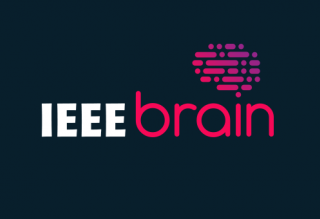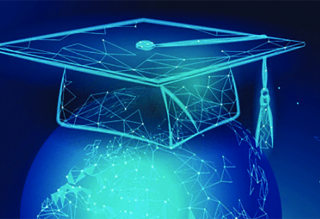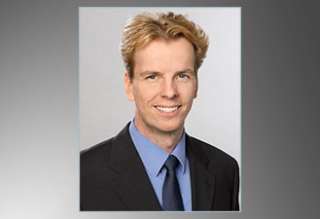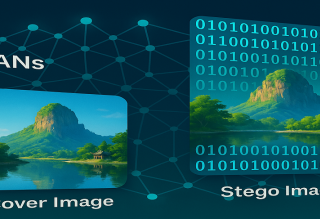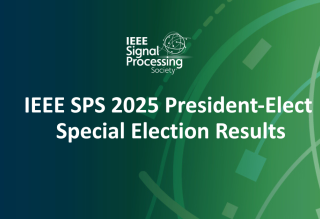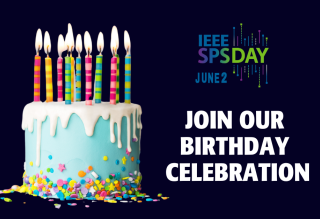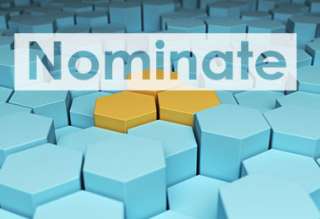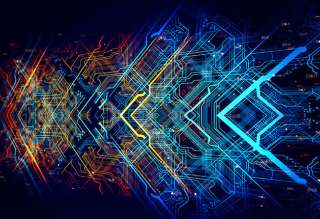SPS Feed
Top Reasons to Join SPS Today!
1. IEEE Signal Processing Magazine
2. Signal Processing Digital Library*
3. Inside Signal Processing Newsletter
4. SPS Resource Center
5. Career advancement & recognition
6. Discounts on conferences and publications
7. Professional networking
8. Communities for students, young professionals, and women
9. Volunteer opportunities
10. Coming soon! PDH/CEU credits
Click here to learn more.
The Latest News, Articles, and Events in Signal Processing
Steganography, the practice of concealing information within digital media, is crucial for information security and forensics. Steganographic security, defined as the ability to evade detection by steganalyzers, is a key metric in modern steganography.
One year has passed since I began my term as the editor-in-chief (EiC) of IEEE Signal Processing Magazine (SPM). It has been a busy first year, with a rich set of challenges that go beyond those I have experienced in previous volunteer positions. This is welcome: with giving back to our community comes the desire to grow through new challenges and experiences, especially for those of us approaching our wiser years.
As we enter the new year, I would like to take a moment to reflect on our achievements from the past year and celebrate our successes. I am naming this “President’s Message” column the “State of the Society,” which will serve as a platform to share updates about our Society, including our activities, successes, and challenges.
As wireless technology begins to utilize physically larger arrays and/or higher frequencies, the transmitter and receiver will reside in each other’s radiative near field. This fact gives rise to unusual propagation phenomena, such as spherical wavefronts and beam focusing, creating the impression that new spatial dimensions—called degrees of freedom (DOF)—can be exploited in the near field.
Pages
SPS Social Media
- IEEE SPS Facebook Page https://www.facebook.com/ieeeSPS
- IEEE SPS X Page https://x.com/IEEEsps
- IEEE SPS Instagram Page https://www.instagram.com/ieeesps/?hl=en
- IEEE SPS LinkedIn Page https://www.linkedin.com/company/ieeesps/
- IEEE SPS YouTube Channel https://www.youtube.com/ieeeSPS

